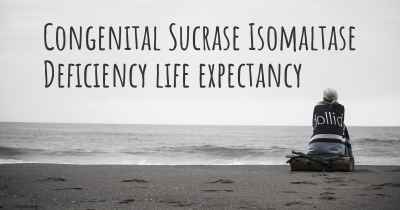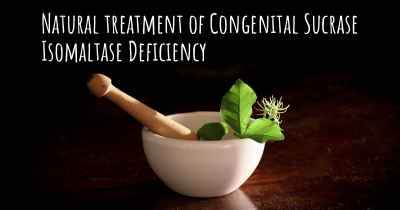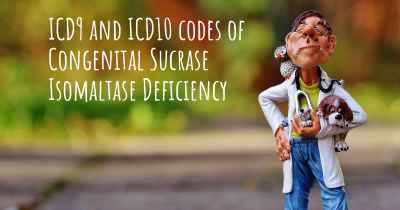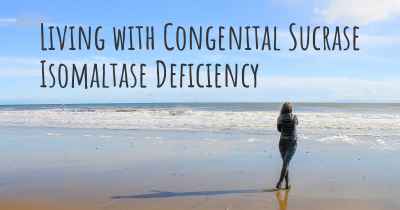Is Congenital Sucrase Isomaltase Deficiency hereditary?
Here you can see if Congenital Sucrase Isomaltase Deficiency can be hereditary. Do you have any genetic components? Does any member of your family have Congenital Sucrase Isomaltase Deficiency or may be more predisposed to developing the condition?

Congenital Sucrase Isomaltase Deficiency (CSID) is a hereditary condition. It is passed down from parents to their children through genetic inheritance. CSID is caused by mutations in the Sucrase Isomaltase (SI) gene, which affects the production of the enzyme needed to break down certain sugars. This deficiency can lead to digestive problems and malabsorption of sugars. If a person has CSID, there is a chance that their children may inherit the condition.
Is Congenital Sucrase Isomaltase Deficiency hereditary?
Congenital Sucrase Isomaltase Deficiency (CSID) is a rare genetic disorder that affects the ability to digest certain sugars, specifically sucrose and starches. It is caused by mutations in the gene that provides instructions for making the sucrase-isomaltase enzyme, which is responsible for breaking down these sugars in the small intestine.
Hereditary Nature of CSID:
CSID is indeed hereditary, meaning it can be passed down from parents to their children. It follows an autosomal recessive pattern of inheritance. This means that both parents must carry a copy of the mutated gene for their child to be affected by CSID.
Inheritance Pattern:
When both parents are carriers of the mutated gene, there is a 25% chance with each pregnancy that their child will inherit two copies of the mutated gene and develop CSID. This is referred to as being affected or having two copies of the gene.
There is a 50% chance that the child will inherit one copy of the mutated gene and one normal copy, making them a carrier like their parents. Carriers do not typically show symptoms of CSID but can pass the mutated gene to their own children.
The remaining 25% chance is that the child will inherit two normal copies of the gene and not have CSID or be a carrier.
Genetic Testing and Counseling:
If there is a family history of CSID or if a child is suspected to have the condition, genetic testing can be done to confirm the diagnosis and identify the specific mutations in the sucrase-isomaltase gene.
Genetic counseling is highly recommended for individuals or couples who have a family history of CSID or are carriers of the mutated gene. A genetic counselor can provide information about the risks of passing on the condition, discuss available testing options, and offer guidance on family planning.
Conclusion:
Congenital Sucrase Isomaltase Deficiency is a hereditary disorder that follows an autosomal recessive pattern of inheritance. It is important for individuals and families affected by CSID to seek genetic testing and counseling to better understand the condition and make informed decisions regarding family planning.
Posted Mar 8, 2019 by Simone 3215
Posted Nov 15, 2021 by Tracey 3000








